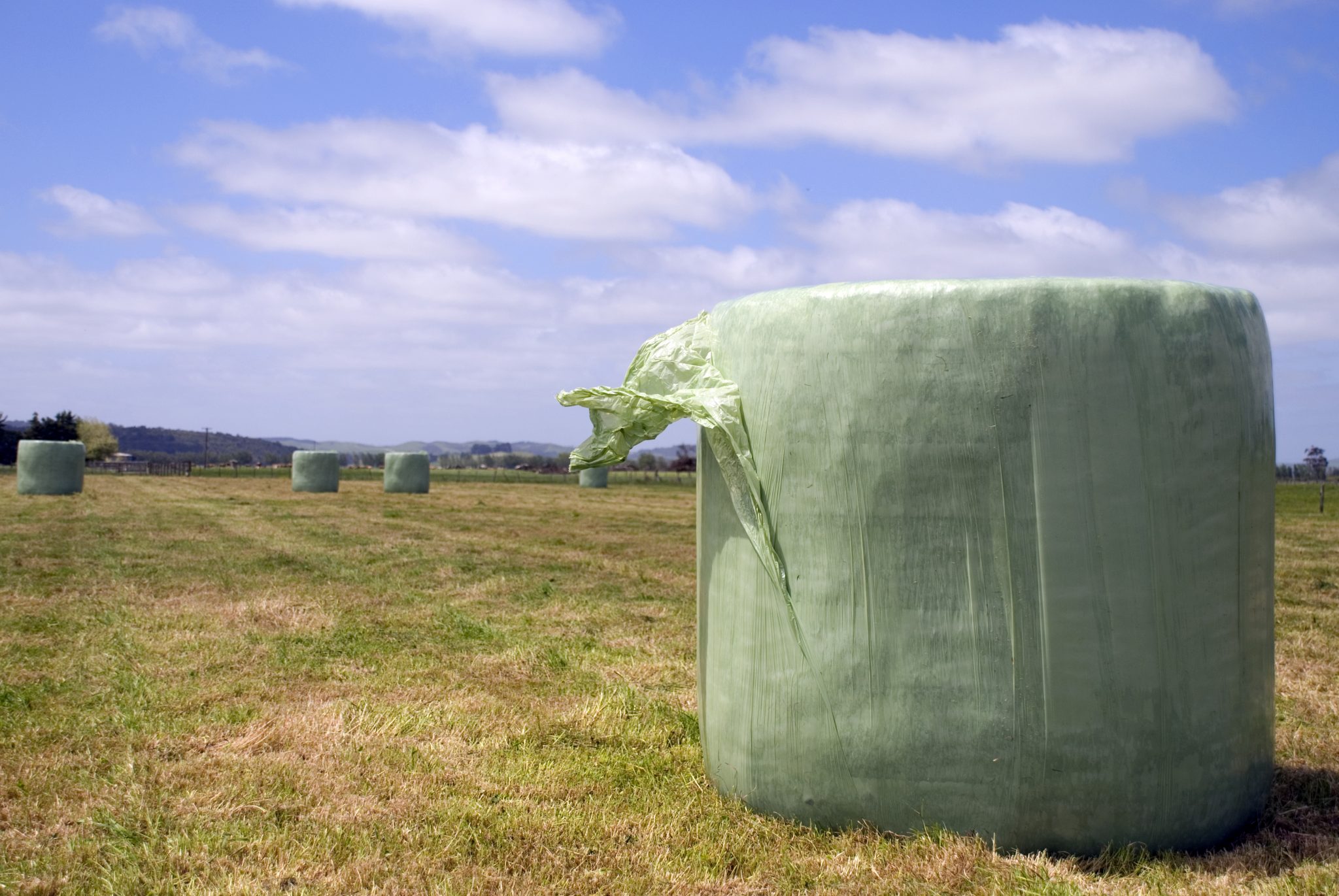In March this year, AgriFutures Australia embarked on an exciting new program to align the agriculture, fisheries and forestry sector with Australia’s National Waste Policy. The topic of waste in general is deservedly getting some serious attention and Australia’s rural industries have an opportunity to not only reduce their waste footprint, but also potentially be part of the solution.
AgriFutures Australia’s significant investment in the waste challenge is designed to prevent, eliminate, reduce, or reuse waste in the production of food and fibre before it leaves the farm or boat. This initiative specifically targets pre-farmgate waste, meaning waste that occurs through the production process, prior to moving off-farm or off-boat along the supply chain.
“Further planning coupled with innovative approaches are needed to think differently and efficiently about how we eliminate waste in the first place,” AgriFutures Australia, Senior Manager Rural Future, Jen Medway.
“This includes reducing our reliance on waste-producing practices, and thinking creatively around how we can repurpose what we do use, including, for example, profitable alternatives for organic material.”
Significant energy and resources are going into solving the food waste problem. This program is designed to look outside current national initiatives to undertake actions to minimise:
- Hard and soft plastics, for example those used in field production, glasshouses, workshops and storing produce, e.g. silage
- Animal and plant organic matter, such as manure from farms and intensive animal systems, harvest waste, pruning and other organic matter, and
- Other inputs, including fertiliser and pesticides.
“Reducing waste has long been a priority for the sector. AgriFutures Australia’s research investment through this initiative is designed to complement this work,” said Ms Medway.
“We will work with our Rural Research and Development Corporation (RRDC) counterparts, government, industry bodies and producers to chart a path for consistent and coordinated industry action on this issue.”
Managing Principal of RMCG Consulting, Dr Anne-Maree Boland is working across three of the program’s research investments and reminds us that there are unique challenges for the management of agricultural waste.
“Being able to physically transport waste [to processing facilities] is very challenging for lots of farmers and fishers,” said Dr Boland.
“There’s also the fact that agriculture has inputs, which may not be readily recycled, such as plastic mulch in the vegetable industry that is used to prevent weeds but is highly contaminated with organic material. Are there any alternatives to that sort of plastic? Or can we clean it so processors can then recycle it? Can we promote a more circular use of resources?”









